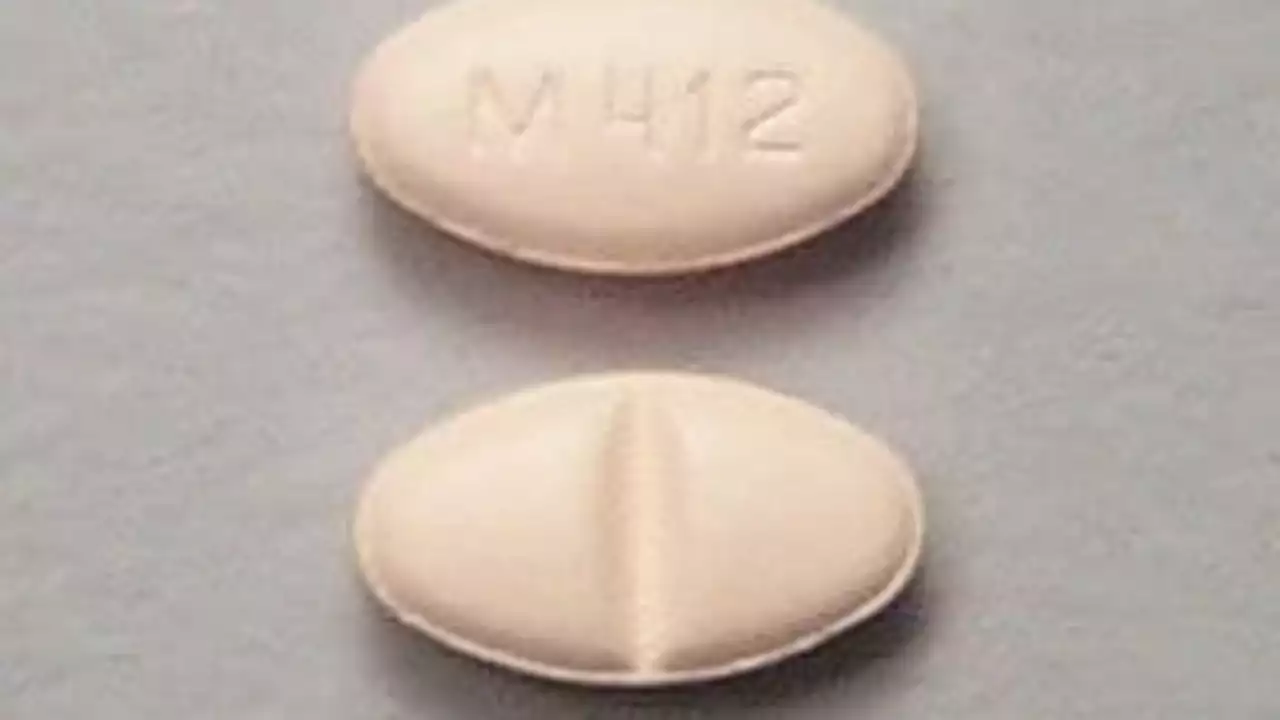Drug interactions happen when one medicine changes how another works. That can make a drug stronger, weaker, or cause new side effects. You don’t need to memorize every combo, but you should know the usual suspects and simple steps to stay safe.
Interactions aren’t only between prescription drugs. Over-the-counter meds, vitamins, herbal supplements, and even certain foods and drinks can matter. For example, grapefruit juice can raise levels of some cholesterol drugs and blood pressure meds. St. John’s wort can make birth control and many antidepressants less effective. Knowing a few common patterns goes a long way.
There are three common ways interactions occur: one drug changes how your body breaks down another; two drugs boost the same side effect; or one drug cancels out the other’s benefit. Antibiotics can affect blood thinners like warfarin and change bleeding risk. Some heart and psychiatric meds interact with painkillers or antifungals, raising the chance of dangerous heart rhythm changes. If you start feeling unexpected dizziness, heavy drowsiness, sudden bleeding, or a big drop or rise in blood pressure, think interaction and contact a professional.
Don’t forget non-prescription items. Antacids can block absorption of thyroid pills or certain antibiotics. Cold medicines with decongestants may spike blood pressure. Herbal teas and supplements aren’t harmless—many are active chemicals that interact with drugs.
Carry an up-to-date meds list. Include doses, how often you take them, and any supplements or herbal products. Keep a digital copy on your phone and a paper copy in your wallet. Tell every provider and pharmacist about everything you take—new prescriptions are the most common moment for interactions to show up.
Use a drug interaction checker when you get a new prescription. Reliable online checkers and pharmacy apps flag serious combos and explain the risk. Still, treat tool results as a starting point—talk with your pharmacist or prescriber before changing or stopping meds.
Ask these specific questions when a new drug is prescribed: Will this interact with my current meds or supplements? Should I avoid any foods or drinks? Do I need blood tests or a different dose? If the answer is unclear, ask for written instructions or a quick follow-up call.
In an emergency—severe rash, difficulty breathing, fainting, severe bleeding—call emergency services. For less urgent concerns, your pharmacist can often sort out interaction risk quickly. Exact-Pharma has guides and articles on many common combos if you want a readable overview before talking to your clinician.
Small steps prevent most problems: keep a list, tell every provider, use a checker, and ask clear questions. That simple routine catches most dangerous interactions before they become a problem.

As a blogger, I recently looked into fluvoxamine interactions and found out that it's crucial to avoid certain medications while taking this SSRI. Some medications, like monoamine oxidase inhibitors (MAOIs) and pimozide, can cause severe side effects when taken with fluvoxamine. It's also essential to be cautious with other antidepressants, blood thinners, and drugs affecting serotonin levels. To ensure safety, always consult with a doctor before starting any new medications while on fluvoxamine. Remember, it's better to be safe than sorry when it comes to drug interactions!
An in-depth look into the severe side effects of the antibiotic Zithromax (Z-Pak) and the legal actions against Pfizer Inc. Over-prescription risks, patient reports of severe health issues, and legal options for affected individuals are discussed.
Explore how ropinirole affects daytime sleepiness in Parkinson's patients, review key studies, compare alternatives, and learn practical tips to stay alert.
Insurance plans often cover generic combination drugs differently than individual generics, leading to confusing and sometimes costly outcomes. Learn how formularies, tiers, and pricing affect your out-of-pocket costs-and how to save money.
I recently discovered the incredible benefits of Scurvy Grass, a dietary supplement that's truly a game changer. Packed with essential nutrients like vitamin C, iron, and calcium, it's a powerhouse for immune support and overall health. Not only does it help prevent scurvy, but it also aids in digestion, supports bone health, and has anti-inflammatory properties. I've been incorporating it into my daily routine, and I'm already noticing a difference in my well-being. If you're looking for an all-natural supplement to boost your health, I highly recommend giving Scurvy Grass a try!
What transit actually does to cut gridlock. Clear mechanisms, real numbers, case studies, and a step-by-step playbook cities can use in 2025.